How to Negotiate with the French: A Strategic Guide for Business Success
France is a major player in global business, with significant influence across industries such as luxury goods, aerospace, energy, and technology. However, negotiating with the French requires a deep understanding of their structured, intellectual approach, as well as their emphasis on hierarchy, formality, and rigorous debate.
Unlike deal-driven cultures that prioritise speed and efficiency, the French treat negotiation as an intellectual exercise—an opportunity to test logic, refine ideas, and challenge assumptions. Understanding their communication style, decision-making process, and negotiation tactics is key to achieving a successful outcome.
Key Characteristics of the French Negotiation Style
1. Logic-Driven Discussions—Prepare for Intellectual Rigor
The French prioritise logic and structured reasoning over persuasion tactics. Negotiations often resemble a structured debate, with arguments analysed in great detail. Unlike cultures that rely on intuition or emotional appeals, the French expect a well-reasoned, evidence-based approach.
✔ How to Adapt:
- Prepare thoroughly and structure your arguments with clear data and logical reasoning.
- Expect rigorous questioning—they will challenge your points even if they agree with you.
- Engage in debate rather than merely presenting information.
Example:
A French executive may say:
“Your pricing model is intriguing, but I fail to see the logical connection between cost savings and long-term scalability. Could you clarify?”
A vague or emotional response will weaken your position. Instead, provide a precise breakdown with supporting data.
2. Formality and Protocol Matter—Respect the Hierarchy
French business culture places great importance on formality, hierarchical structures, and professional etiquette. Unlike in the United States or Scandinavia, where informality is welcomed early on, the French maintain a clear distinction between professional and personal interactions.
✔ How to Adapt:
- Use formal greetings and address counterparts as Monsieur/Madame followed by their surname.
- Dress elegantly and professionally—appearance is often considered a reflection of competence.
- Recognise hierarchical structures—decisions frequently require approval from senior executives.
Example:
If you immediately use first names or dress too casually, you may be perceived as lacking professionalism. Wait for them to initiate informality before adjusting your approach.
3. Expect Lengthy, Intellectual Debates—Patience is Essential
The French do not rush decisions. They prefer thorough discussions, exploring all aspects of a deal before committing. This approach can frustrate negotiators from more fast-paced cultures, but it is fundamental to the French way of doing business.
✔ How to Adapt:
- Avoid pressuring for an immediate decision—it will only create resistance.
- Engage in debate, as this is how they test the strength of ideas and refine strategies.
- Be patient—negotiations take time, and quick agreements may be seen as poorly considered.
Example:
If you say, “This is a win-win deal, let’s move forward,” the French may respond:
“A win-win in what specific terms? Could you elaborate on how these benefits are distributed?”
This is not resistance for the sake of it—it is a fundamental part of their analytical process.
4. Decisions Are Made Outside the Room—Follow-Up is Critical
Unlike Germans or Americans, who often conclude deals in meetings, the French prefer to deliberate post-discussion before making a decision.
✔ How to Adapt:
- Do not expect an immediate answer, even if the meeting was highly positive.
- Send a detailed follow-up email summarising the key points.
- Be prepared for further refinements—the initial agreement is rarely final.
Example:
After a promising meeting, an American negotiator might assume the deal is secured. However, the French will take time to reflect, consult internally, and potentially return with counterpoints before committing.
5. The Power of Debate—Engage with Confidence
Negotiating with the French often feels like intellectual sparring. They enjoy testing assumptions, questioning logic, and exploring options through debate. This is not a sign of hostility—it is how they refine ideas and ensure precision.
✔ How to Adapt:
- Maintain a calm, confident approach and articulate your points clearly.
- Challenge their arguments logically rather than avoiding confrontation.
- Understand that debate is expected and is not an attack on your credibility.
Example:
A French negotiator may say:
“Your proposed timeline seems optimistic. Are you certain your supply chain can meet this demand?”
Instead of becoming defensive, respond with logical evidence:
“We have reviewed our logistics capacity and historical performance data. Would you like a breakdown of our risk assessments?”
This strengthens your credibility and earns their respect.
6. Strong National Identity and Cultural Pride—Acknowledge French Expertise
The French take great pride in their culture, history, and intellectual contributions. They value their business traditions and do not appreciate being told that foreign methods are superior.
✔ How to Adapt:
- Show an appreciation for French business culture and expertise.
- Avoid statements that imply French methods are outdated.
- Frame your proposal as an enhancement, not a replacement, of their existing approach.
Example:
Saying, “This is how we do it in the UK, and it works well,” may trigger resistance. Instead, position it as:
“Many global firms have successfully implemented this model, and I believe it could complement your existing framework.”
This acknowledges their expertise while positioning your idea as a valuable addition.
Final Takeaways for Negotiating with the French
- Use structured, logical arguments—they respect intellectual rigor over persuasion tactics.
- Respect formality and hierarchy—titles, professionalism, and structured processes matter.
- Engage in debate with confidence—they test ideas through discussion, not hostility.
- Be patient—decisions take time and often happen outside the meeting room.
- Follow up with detailed documentation—written agreements are crucial for finalising deals.
Master Cross-Cultural Negotiation with Business Negotiation Academy
To secure the best deals globally, you need advanced negotiation skills, cultural intelligence, and strategic preparation.
At Business Negotiation Academy, we help professionals:
- Navigate complex international negotiations
- Refine negotiation strategy for different cultures
- Win more deals with structured, data-driven approaches
If you want to negotiate with confidence and gain the upper hand in high-stakes deals, this is where you need to be.
Work with Business Negotiation Academy—elevate your negotiation strategy today.
Recent Posts
How to Use the Decoy Effect in Procurement Negotiation
In procurement, smart framing beats force. This article breaks down how to use the Decoy Effect—a behavioural science tactic—to guide suppliers toward your...
How to Negotiate in India: A Strategic Guide for Business Success
India is a land of immense opportunity—and complexity. To succeed in business negotiations here, foreign professionals must understand the nuances of hierarchy, relationship-building,...
The Contrast Principle in Procurement Negotiation
In high-stakes procurement, perception is leverage. This article explores how elite buyers use the contrast principle to frame negotiations, control supplier expectations, and...


